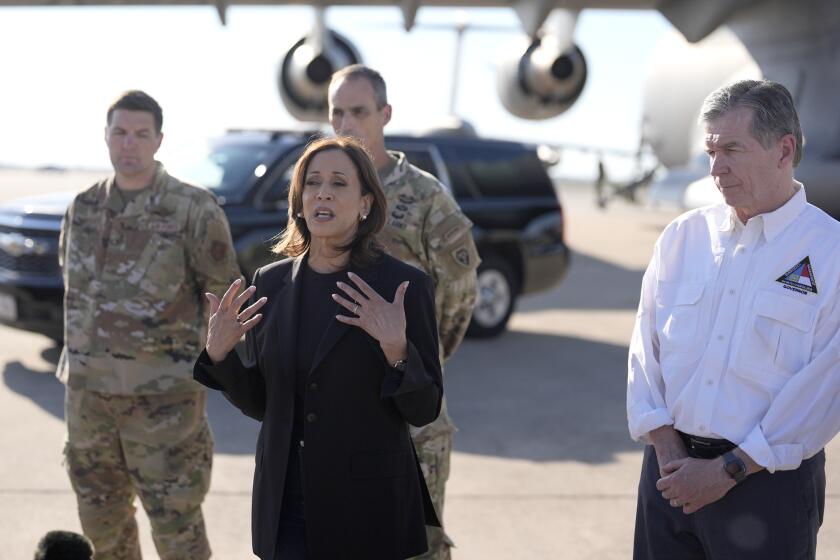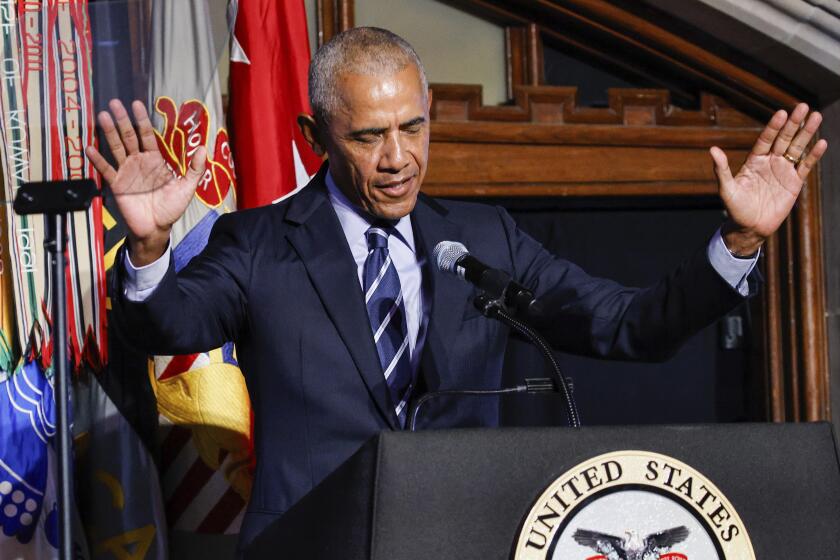To End Tests, End Regional Threats
Only two weeks after India’s five nuclear tests, Pakistan matched that feat with its own five tests.
Why does India wish to spend vast sums on nuclear arms, while it is one of the poorest countries of the world, with a population approaching 1 billion, the vast majority of which is extremely poor and uneducated? Why does Pakistan want to start a nuclear arms race with India, when it is so poor and undeveloped that 85% of all of its school-age girls and boys don’t go to school and instead spend their time working under the worst conditions to support their families?
The United States has been claiming for years that Iran, Pakistan’s neighbor, will use its nuclear reactor for making nuclear weapons. Even though for technological reasons there is no possibility of this happening, let us assume that these charges are true. The question then is, why would Iran want to develop a nuclear bomb at a huge cost, while its rapidly increasing population is suffering from high unemployment and its economy from low oil prices?
Iraq, Iran’s neighbor, almost did make a nuclear bomb, and since the end of the Gulf War, the U.S. has been charging that Iraq is hiding its nuclear program and, if left alone, it will make a nuclear bomb. If true, why would Iraq want to do so, while its population has been suffering from the devastating U.N. sanctions and its economy has completely collapsed?
North Korea, although bankrupt, presumably tried to build a nuclear bomb using its reactors before the U.S. offered it a deal under which it would exchange North Korea’s reactors with safe reactors that could not be used for producing nuclear weapons. Why did North Korea want the bomb?
The answer in all these cases is the danger posed to the national security of these countries, either perceived or real. If the U.S. and the world community want to control and stop this dangerous spiral, this issue must be addressed.
Consider Iran and its neighbors. To its west there is Iraq, which started and fought an eight-year war with Iran during which it used chemical and biological weapons against Iran. To its northwest is Turkey, a close ally of the U.S. and a member of NATO, which has signed a military agreement with Israel, considered by Iran as its worst enemy, whereby Israel’s air force can maneuver in Turkey’s airspace. Israel has repeatedly threatened that it will attack Iran’s nuclear reactor if and when its construction is completed.
On Iran’s northwestern border, there is the unsettled dispute between Azerbaijan and Armenia, which can flare up again any day, while to the northeast, there is the civil war in Tajikistan. Farther north, there is Russia with its vast nuclear arsenal. In the east, the Taliban, perhaps the most reactionary group in the world, control most of Afghanistan and are completely hostile toward Iran.
Pakistan, Iran’s southeast neighbor, and its nuclear tests will surely generate anxiety among Iran’s leaders, given their little-known intense rivalry in Afghanistan (Pakistan supports the Taliban). In Pakistan’s case, it has fought three bloody wars with India since its independence 50 years ago, while in India’s case, not only does it feel threatened by Pakistan, but also by China, which is armed with hundreds of nuclear weapons.
Since the end of Korean War, North Korea has constantly felt threatened by South Korea and the U.S., while Iraq feels the same way toward Iran, Syria, Israel and Turkey.
Security in all of these countries is a national problem that transcends the type of government that they have. India’s first nuclear test in 1974 was under the leftist Congress Party, while its recent tests were ordered by its nationalist Hindu government. Since India’s first nuclear test, Pakistan has been ruled by both military dictatorships and freely elected governments, but the one constant common concern has been India’s nuclear program. Iran’s nuclear program was started under the shah and has been continued by its Islamic government.
Therefore, the U.S. practice of blaming a particular type of regime in these countries, such as the Islamic government of Iran (and not, for example, the shah’s regime) for its nuclear ambitions is meaningless, counterproductive and biased.
What can be done now that the nuclear genie is out of the bottle? A good starting point would be addressing regional security issues. The U.S. should get involved directly in mediating a solution to the long-standing conflict between Pakistan and India over the disputed territory of Kashmir. Iran’s legitimate security concerns have to be addressed before there is any hope that it would not seek nuclear weapons, if it indeed is doing so now.
Israel must be pressured to sign the international treaties regarding the development of nuclear arms, including the Comprehensive Test Ban and the Nuclear Arms Nonproliferation treaties (which Iran has signed but the U.S. Senate has not ratified), and to open all its facilities and research centers to inspections by the International Atomic Energy Agency.
Nuclear disarmament makes sense only if it is comprehensive. One cannot ask Pakistan to give up nuclear arms if India does not agree to it. One cannot ask Iran, Iraq and Syria not to develop nuclear weapons while Israel keeps its nuclear arsenal. It is only then that there is hope for controlling the nuclear genie and putting it back in its bottle.
More to Read
Sign up for Essential California
The most important California stories and recommendations in your inbox every morning.
You may occasionally receive promotional content from the Los Angeles Times.










